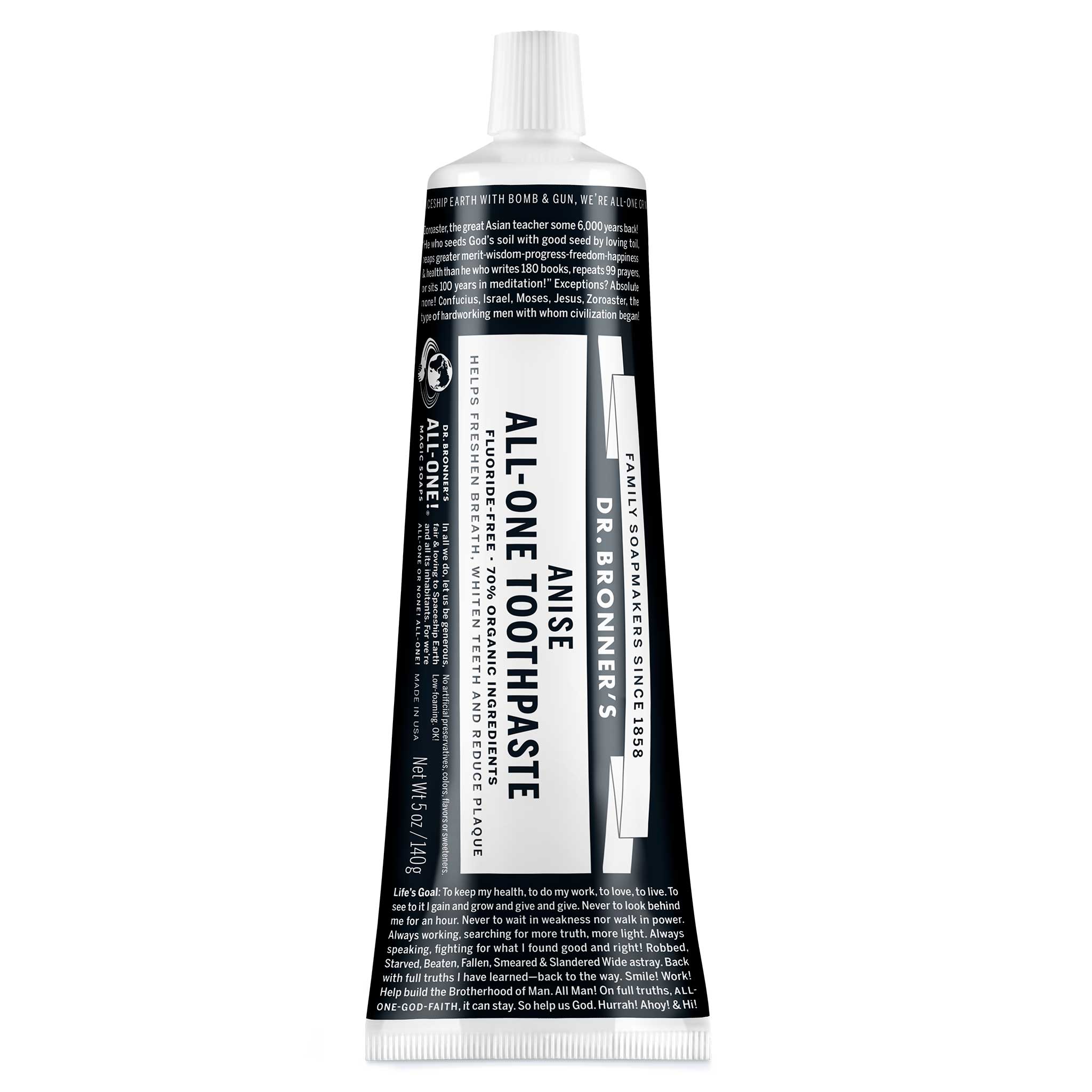Fluoride has long been a cornerstone in dental care, celebrated for its role in preventing tooth decay. However, recent studies and public debates have sparked discussions about its safety, particularly concerning its presence in toothpaste and public water systems. In this guide, we’ll delve into the latest research to help you make informed decisions about your oral health.
Table of Contents
Understanding Fluoride's Role in Dental Health
Fluoride is a naturally occurring mineral that strengthens tooth enamel, making it more resistant to decay. Its inclusion in toothpaste and public water supplies has been credited with significant reductions in cavities over the past several decades. Public health initiatives have relied on fluoride for decades to improve dental health across populations, particularly in areas with limited access to dental care.
Recent Studies and Emerging Concerns
While fluoride's benefits are well-documented, some recent studies have raised concerns about its potential health risks.
Fluoride and Children's IQ
A 2024 report by the National Toxicology Program (NTP) found that fluoride levels in drinking water at twice the recommended limit are linked to lower IQ in children. The study reviewed data from various countries, consistently finding a correlation between high fluoride exposure and reduced cognitive development in children. This has prompted calls for stricter regulations on fluoride levels. [1]
Debate in New York City
In November 2024, discussions around fluoride resurfaced in New York City, where public figures expressed concerns about its long-term effects. Advocates for fluoride argue it is an essential public health measure, while critics cite emerging evidence linking fluoride exposure to neurological risks, urging reevaluation of its use in municipal water supplies. [2]
In August 2024, a federal judge ordered the U.S. Environmental Protection Agency to reexamine fluoride safety standards in drinking water. This decision was informed by research suggesting potential risks to children's intellectual development. The ruling highlighted the importance of updating guidelines to reflect current scientific findings. [3]
Implications for Toothpaste Use
It’s important to distinguish between fluoride in drinking water and fluoride in toothpaste. In many areas, fluoride is already added to municipal water supplies at levels designed to reduce tooth decay. This widespread exposure raises questions about whether additional fluoride in toothpaste is always necessary, especially for individuals who drink fluoridated water regularly.
As several studies show, dosage matters with respect to fluoride [4]. Topical fluoride, as found in toothpaste, is applied directly to the teeth and is generally considered safe when used as directed. However, overexposure to fluoride, particularly in young children, can lead to dental fluorosis—a condition causing white spots or streaks on the teeth. Parents and caregivers can further reduce the risk of fluorosis by supervising children's brushing habits and encouraging them to spit out toothpaste rather than swallow it.
For those concerned about cumulative fluoride exposure, especially in regions with high levels of fluoride in the water supply, using a fluoride-free toothpaste may be a suitable alternative without compromising overall dental hygiene when paired with proper brushing and dietary habits.
When Should You Consider Fluoride-Free Toothpaste?
Fluoride-free toothpaste can be a great choice in several situations, depending on personal needs and preferences:
- For Young Children: Fluoride-free toothpaste is a smart option for toddlers and young children who may be prone to swallowing toothpaste. This helps minimize the risk of developing dental fluorosis, a condition caused by excessive fluoride intake during tooth development. Consult your dentist for children under 3.
- For Those with Allergies or Sensitivities: Individuals who experience adverse reactions or sensitivities to fluoride can benefit from fluoride-free toothpaste, which avoids potential irritation or discomfort.
- For Natural Product Users: Those who prioritize natural and organic lifestyles often gravitate toward fluoride-free options, which frequently feature plant-based or chemical-free ingredients.
- For Individuals with Health Concerns: People who are wary of potential health risks associated with fluoride exposure, especially if they already consume fluoridated water, may choose fluoride-free toothpaste for added peace of mind.
Fluoride-free toothpaste provides an effective alternative for maintaining oral hygiene while accommodating specific needs or concerns. By choosing products that align with their values and health priorities, individuals can confidently care for their teeth and support overall well-being.
Making Informed Choices About Your Oral Health
Given the recent findings, it's understandable to question the use of fluoride in dental products. Here are some considerations to help you make an informed decision:
- Consult with Dental Professionals: Dentists can provide personalized advice based on your oral health needs and the latest research.
- Consider Fluoride-Free Alternatives: If you're concerned about fluoride exposure, fluoride-free toothpastes are widely available.
- Stay Informed: Keep abreast of new research and guidelines from reputable health organizations to make the best choices for your health.




